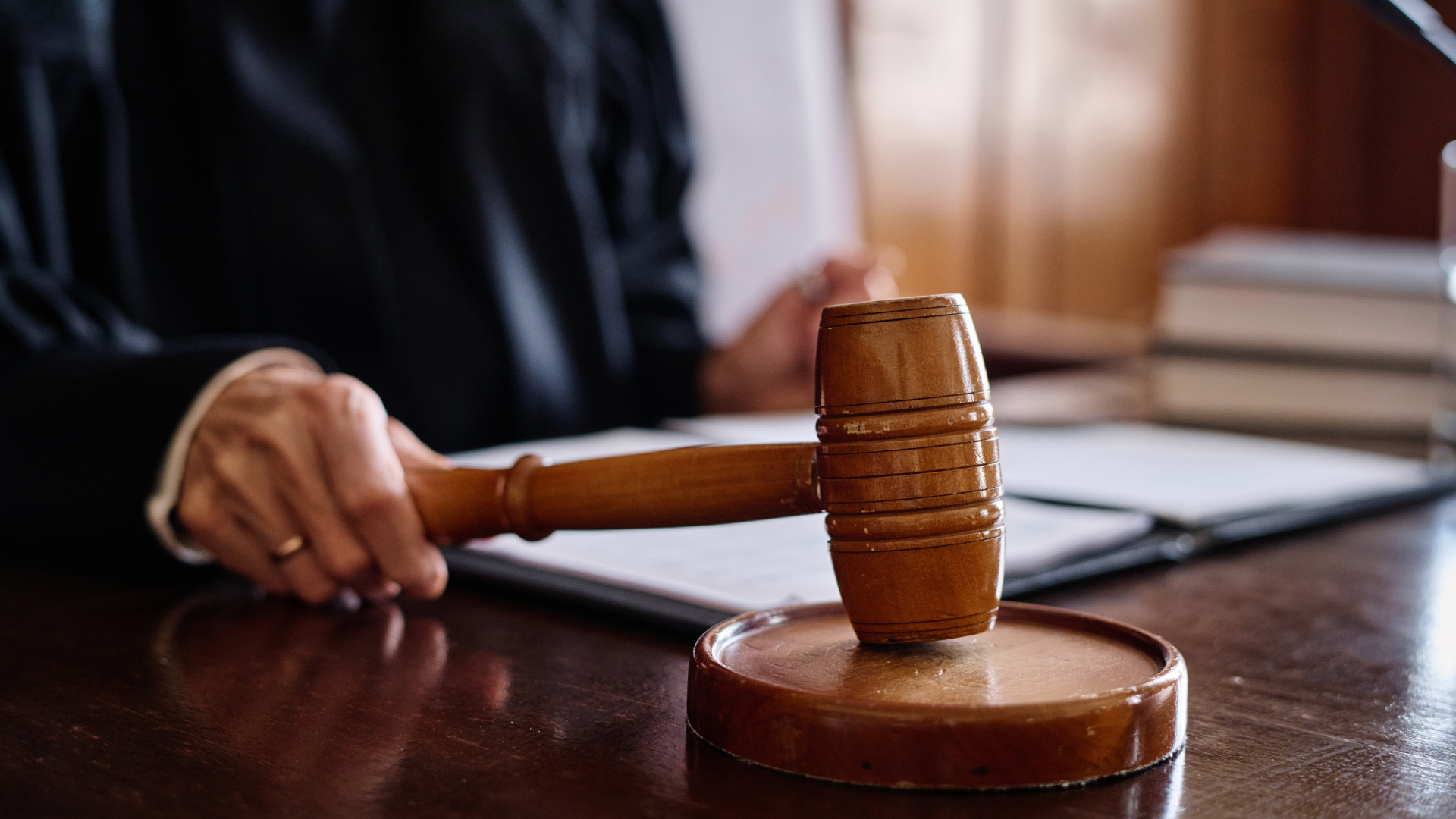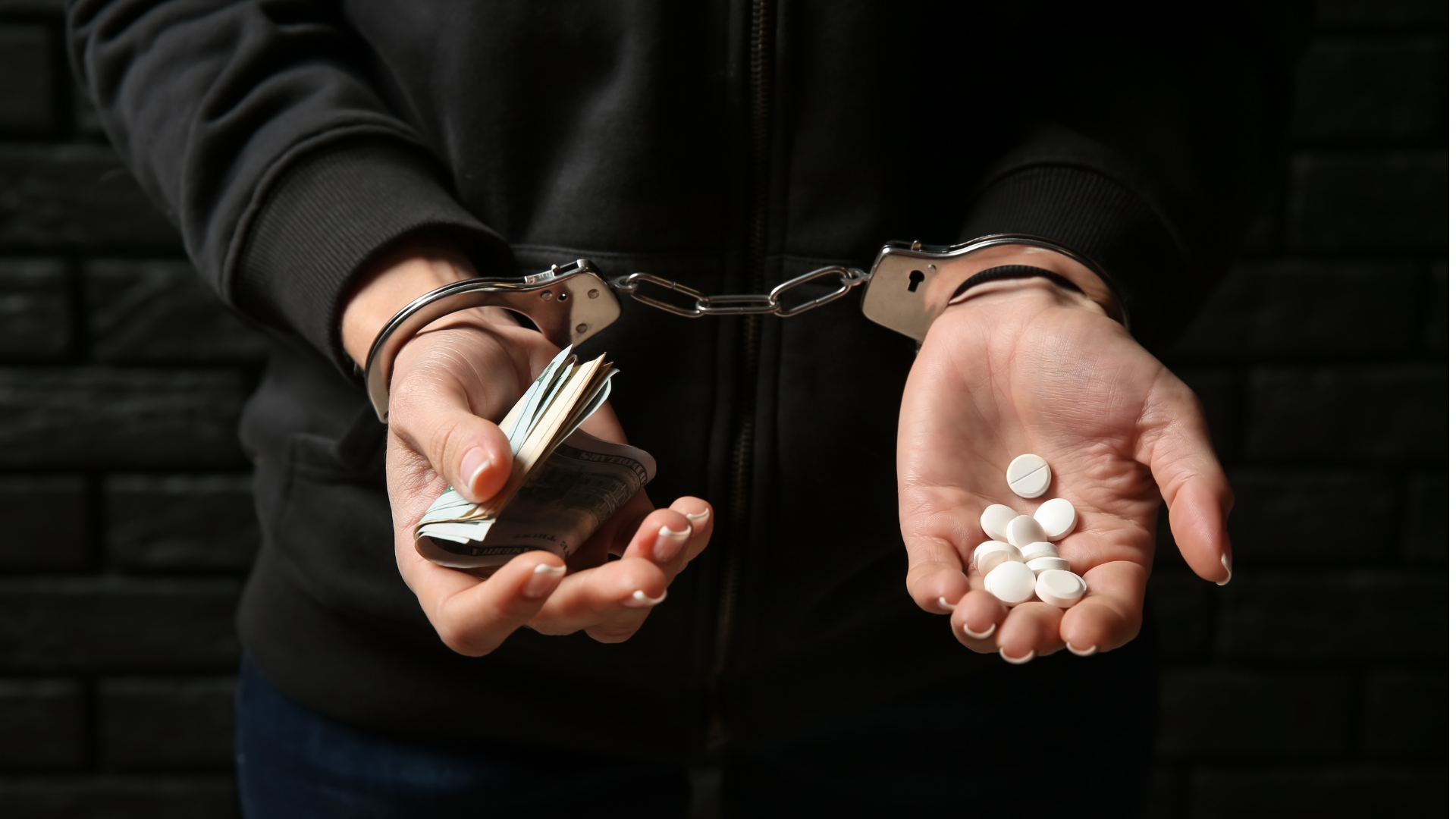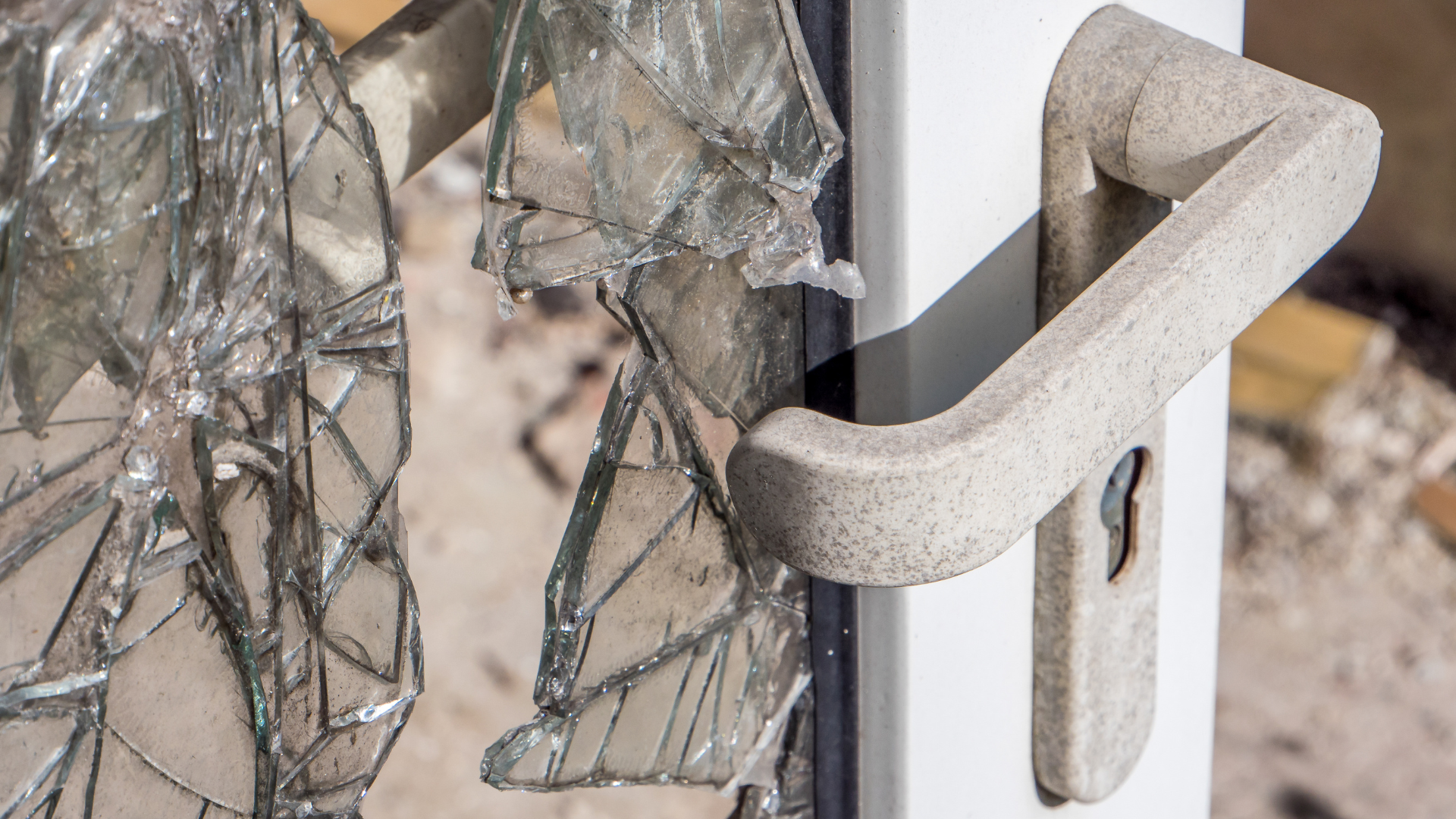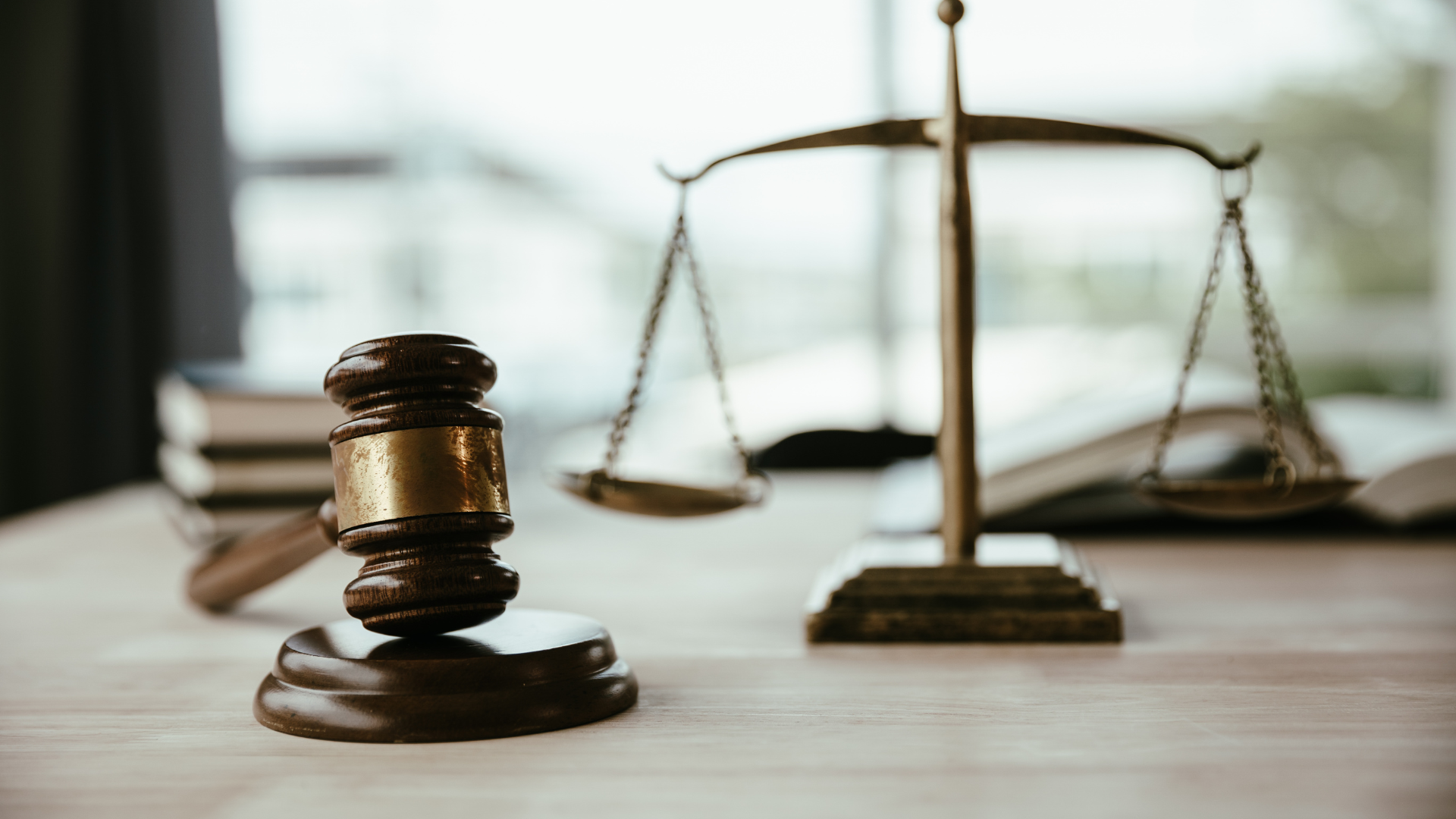What Is Considered An Obstruction Of A Law Enforcement Officer, and What To Do If You Are Charged
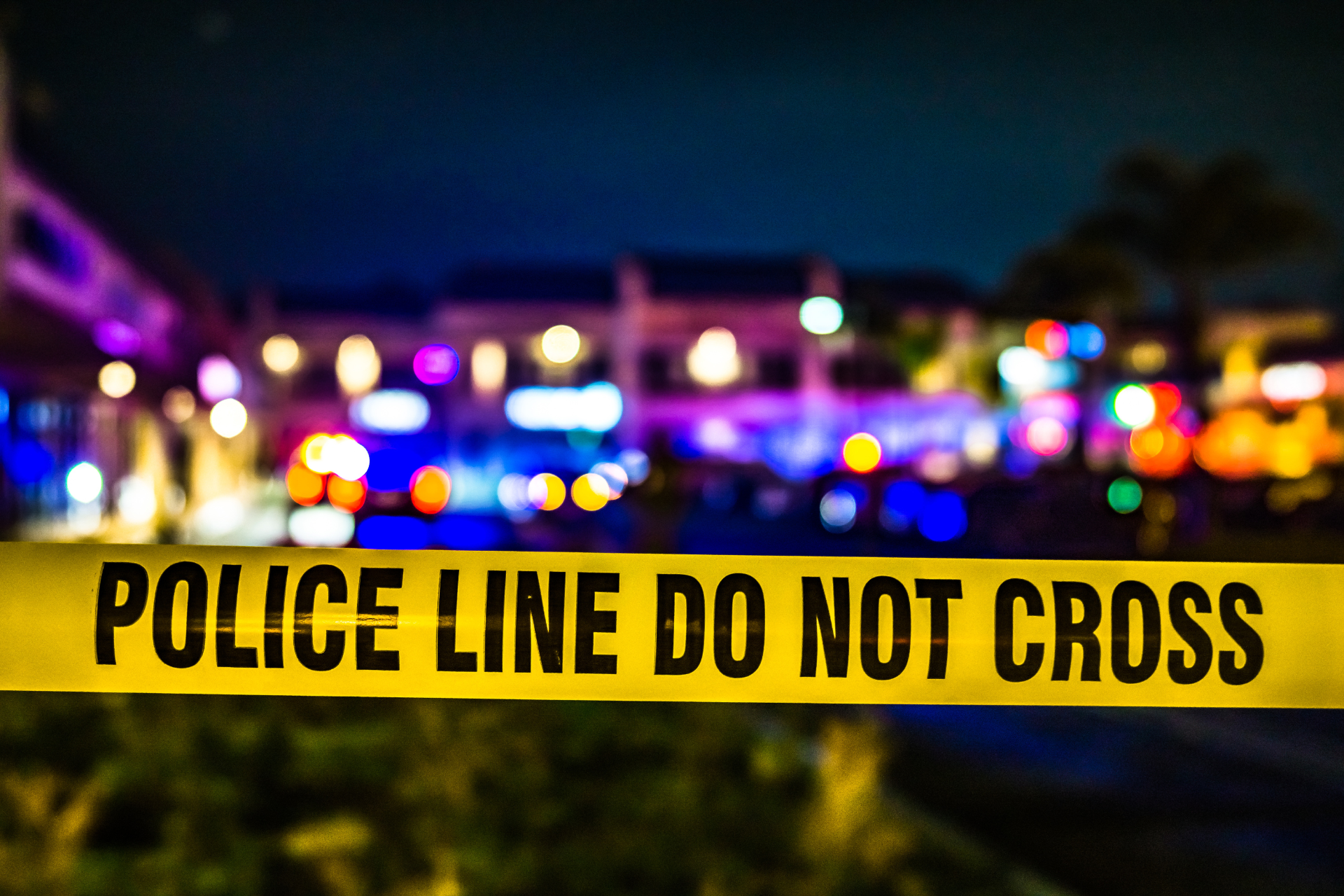
What Is Considered An Obstruction Of A Law Enforcement Officer,
and What To Do If You Are Charged
(Atlanta, GA)
Were you arrested for DUI? Did the police find you in possession of drugs? Did you resist arrest or help someone else do so?
If you've found yourself in these or other situations with law enforcement, you may now also be facing a criminal obstruction charge. What is considered an obstruction of a law enforcement officer, and what should you do if you are charged?
What is Considered an Obstruction of a Law Enforcement Officer?
Depending on federal and individual state laws, acts of obstruction may vary. Cases in which individuals are charged with obstruction of a law enforcement officer are rather common. In fact, the laws are so broad, there is not just one "criminal obstruction" statute.
Basically, obstruction of a law enforcement officer is any act proven to interfere willfully and knowingly with the investigation or prosecution of a crime. Besides resisting arrest or hiding from officers, other acts of obstruction of a law enforcement officer may include:
- Witness tampering
- Destroying or tampering with evidence
- Bearing false witness
- Threatening a law enforcement officer
- Yelling profanities at an officer
- Refusing to comply with a lawful order from an officer
- Interfering with someone else's arrest (e.g., hiding a suspect)
- Warning an individual that they will be served a subpoena
Note: Did you know that obstruction charges are not just restricted to acts toward police officers? In Georgia, you may be charged with obstruction for threatening or impeding other professionals such as parole supervisors, judges, probation officers, conservation rangers, or prison guards.
What Should You Do If You Are Charged?
Criminal obstruction is a serious charge. Depending on the specifics of each individual case, obstructing a law enforcement officer could result in either a misdemeanor (most common) or a felony charge. Not only is your reputation affected, but if an officer has been physically injured or killed, the penalties obviously become higher. That could mean anywhere from months to decades of jail time -- with fines, too.
It's important to be aware that because there is no single statute regarding ultimately defining "criminal obstruction", some prosecutors may find obstruction easier to prove than other crimes. That is precisely why you need a top-notch attorney to advocate on your behalf.
Have you been charged with obstructing law enforcement? If so, don't wait. Contact us so we can start building a solid case for your specific situation today.
The material provided on this blog site does not/is not intended to constitute legal advice. All content is for general information only.
Georgia Criminal Law Blog

